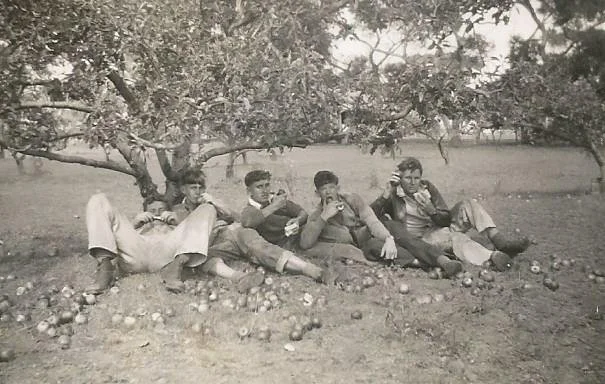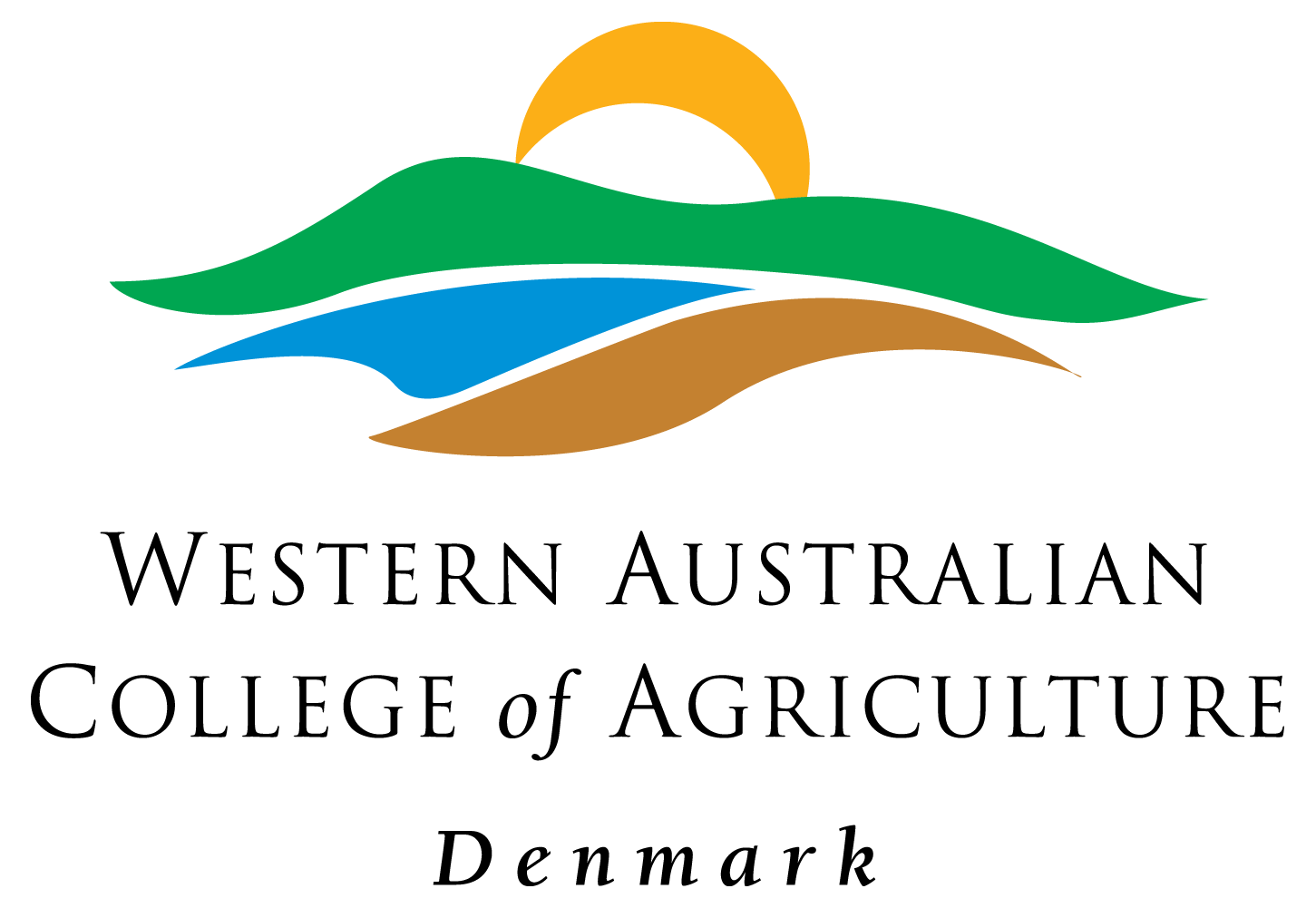
Ex-Aggie’s Storyboard
The College is always interested to hear stories from Old Collegians and Ex-Aggie’s to see where their career paths have led them. We are proud of our College staff and our students, and we know that as a selective school, we are privileged to be able to provide an agricultural and trade based education to students from all over the country.
Related Topics

















Over the years, many things have changed and progressed at the College, however, when we hear stories from our past students, we notice that they all have things in common. We often hear about how the College has impacted them, the lifelong friendships that they made in just a few short years, how our unique study programs set them up for work and a career beyond high school. These stories are heart warming, encouraging to future students and are something we are proud to be a part of.
Read some of the stories below from our ex-Aggies.
Memories of Brian Bernard Smith (Rob)
Student at Denmark Agricultural College 1945
In March 1945, Rob was sent to Denmark School of Agriculture which was established in 1942 when students were moved from Narrogin School of Agriculture as it was being used as a war convalescent hostel for returned servicemen.
In early 1942 due to the advancement of the Japanese in the Pacific, more than 100,000 men were called up for full time service resulting in a severe labour shortage. A list of reserved occupations was controlled by a national register called the Manpower Directorate which gave the government the power to say what every man should do whether in the armed services, war industry or civilian industry.
In 1942, Prime Minister Curtin announced that rationing would commence to assist with the war effort, starting with clothing. Each person was issued with 112 clothing coupons per year, with each item of clothing allocated a coupon value. For example socks were worth four coupons. Rationing of tea, sugar, butter, meat and petrol was to follow. Butter was rationed at one pound person per fortnight. Rationing was finally lifted in 1950.
It was against these circumstances of labour shortages and rationing, that times at the Ag school were hard. Uniforms did not exist as everyone wore the limited clothing available to them. Food rationing was cushioned by the availability of eggs, milks and meat from the farm. School lessons were very limited and inadequate as most able bodied men were manpowered to the armed services or essential industry.
Rob remembers Mr Randell and Mr Oscar Oscan delivering basic school lessons in a building behind the co-op. The Workshops on Scotsdale Road housed Saddlery in the hands of Mr Eric Caporn, Blacksmithing under the direction of Mr Bill Nichols and Carpentry with Mr Garth Smith.
Butchery was another subject at the school and was delivered by Mr Bertie Mumford. Cattle were run on the new hospital site (the old State Farm) and the boys would have to walk the cattle for sale from there through the bush to rail terminus. There were times when the cattle took off through the bush and the boys had to frantically find them to make sure they all got on the train. The farm ran cattle, pigs and four to five old working horses as there weren’t any tractors at this time. There were still more horse and carts in the town of Denmark than cars in 1945!
Students were boarded in the town until the boarding facilities were built in 1947. The boys slept on wire Cyclone shearing type beds in what is now the Co-op building in Denmark. It was their job to make their beds before breakfast. Showers were basic with hot water provided by a boiler which had to be lit by the boys ahead of shower time. Mrs Krellin was the house mother and cook with girls from the town waiting on tables. Ater breakfast, the boys were allocated tasks for the day and after school they had to walk back from the Workshops to the boarding hall to do their homework. The boys received two shillings pocket money a week and this had to cover money for the church collection on Sundays.
Rob remembers his time at the Ag school as a difficult time as he was homesick and the conditions were hard. Despite this, he made lifelong friends at this time including Colin Duggan, Harry Merrifield, Peter Whittaker and Donny Wass.
Rob’s 15th birthday was Victory in the Pacific Day and this was the day that Japan accepted the Allied demand for unconditional surrender and meant that the Second World War was finally over. Rob gladly left school and headed back to Lensfield and his family at Dongolocking where he subsequently farmed until retiring in early 2000.
We want to hear your story
We’re always interested to hear stories from our Old Collegians and Ex-Aggies to see where their career paths have lead them.
Please let us know your stories and news so that we can feature your experience at the College.
Among our staff, we are proud to have a number of graduates return to work with us, sharing their skills and expertise with a new generation of students.
To have your story featured on our website, please fill in the questionnaire form below. Once complete, don’t forget to save your PDF with your answers and email the form to denmark.wacoa@education.wa.edu.au with your name and a photo of yourself if you would like to include one.
